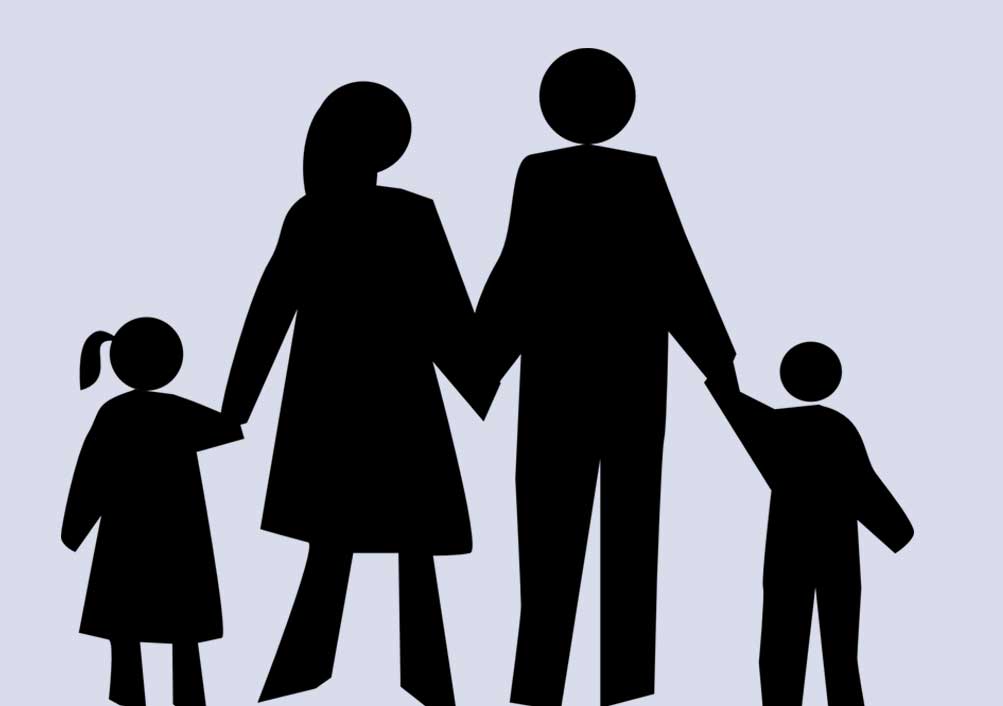Supreme Court reunites child, adoptive parents separated by Child Welfare Committee

By LE Desk
New Delhi, June 21, 2021: The Supreme Court has reunited a two-year-old girl with her adoptive parents in Mumbai almost two years after they were separated by a court order.
The girl had been lodged at a child-care facility since June 2019 after her adoption was declared illegal by the Child Welfare Committee (CWC), Mumbai. The Bombay high court too had dismissed the adoptive parents’ plea in March this year, the Hindustan Times reported.
The couple, who have no biological children, had moved the top court to get the child back. They had adopted her in January 2019 from a single mother who worked as a housemaid. The biological mother, due to her weak health and poor financial condition, had willingly signed an adoption deed in January 2019 with the couple under the Hindu Adoption and Maintenance Act, 1956.
After the child spent six months with her adoptive parents, the CWC, Mumbai, suspected that the child had been sold by the mother and declared the adoption illegal and then lodged the girl with a special adoptive agency. After the Bombay high court refused to hand over the child to her adoptive parents in March this year, the couple moved the Supreme Court for the child’s custody.
The vacation bench of Justices Hemant Gupta and V Ramasubramanian observed, “Generally, a child is orphaned by natural events. But here the child is orphaned by the orders of the court.” The court was referring to the Bombay high court’s decision of March 18, 2021, refusing to hand over the child to the petitioning couple, reported HT.
The bench termed it “unfortunate” that the order gave rise to a situation where the child was neither with her biological mother nor the adoptive parents, but in a child care home.
The adoptive parents in their petition filed through advocate Syed Mehdi Imam pointed out that the adoption was legal under Hindu Adoption Act and the religious ceremony of dattak (adoption) was also performed as per the requirement of the Act in the presence of witnesses. They were financially able to take care of the child and a social investigation report (SIR) prepared by a NGO attached with the CWC found considerable improvement in the health and wellbeing of the child within six months of her adoption.
Even the biological mother appeared before the top court and said she had no objection to the child being given to the petitioner. The only other party left to be heard was the CWC, which had set aside the adoption deed and ordered an FIR to be lodged against the couple and the child’s biological mother. The bench directed the child’s biological mother to file her affidavit by the date of the next hearing.
Issuing a notice on the petition and posting the matter for hearing after four weeks, the bench held, “In the meantime, custody of the child be handed over to the petitioners (couple).”
For the next hearing, the court told the petitioners to check upon a 2003 Supreme Court judgment (Anokha v State of Rajasthan) which exempted adoptions under a personal law from the purview of the adoption guidelines formulated by the top court in its earlier judgment of 1984 titled LK Pandey v Union of India.
The 2003 judgment is regarding an Italy-based couple who wanted to adopt a child from her biological mother in India. The question was whether the LK Pandey guidelines would apply to a case where the child was not destitute, and the biological mother had voluntarily agreed for adoption. Under the LK Pandey guidelines, every inter-country adoption requires a sponsorship from a social or child welfare society recognised by the country of origin of the adoptive parents. The couple had to then apply for a no objection certificate from Central Adoption Resource Agency (CARA). The 2003 judgment decided that the LK Pandey guidelines would not apply to voluntary adoptions made by biological parents.
Sign up for our weekly newsletter to stay up to date on our product, events featured blog, special offer and all of the exciting things that take place here at Legitquest.




Add a Comment